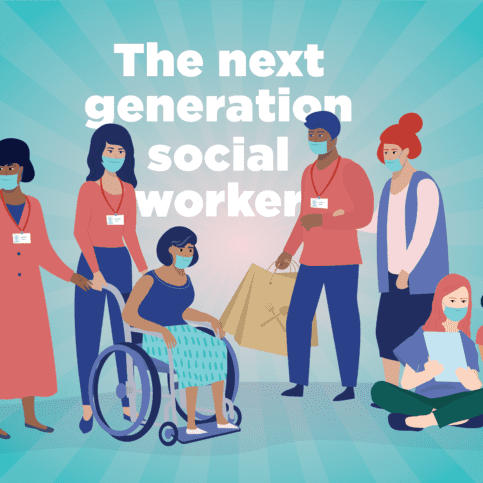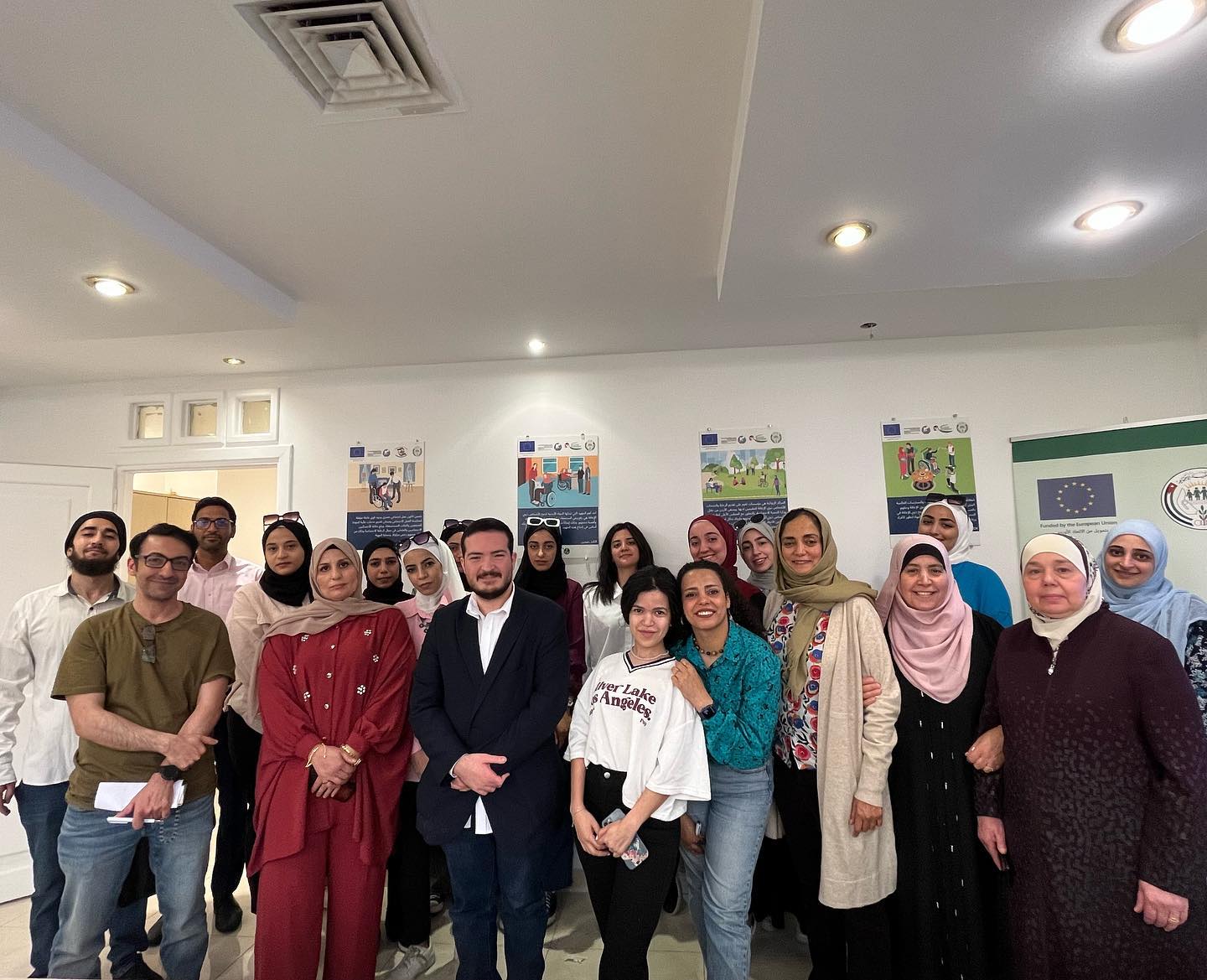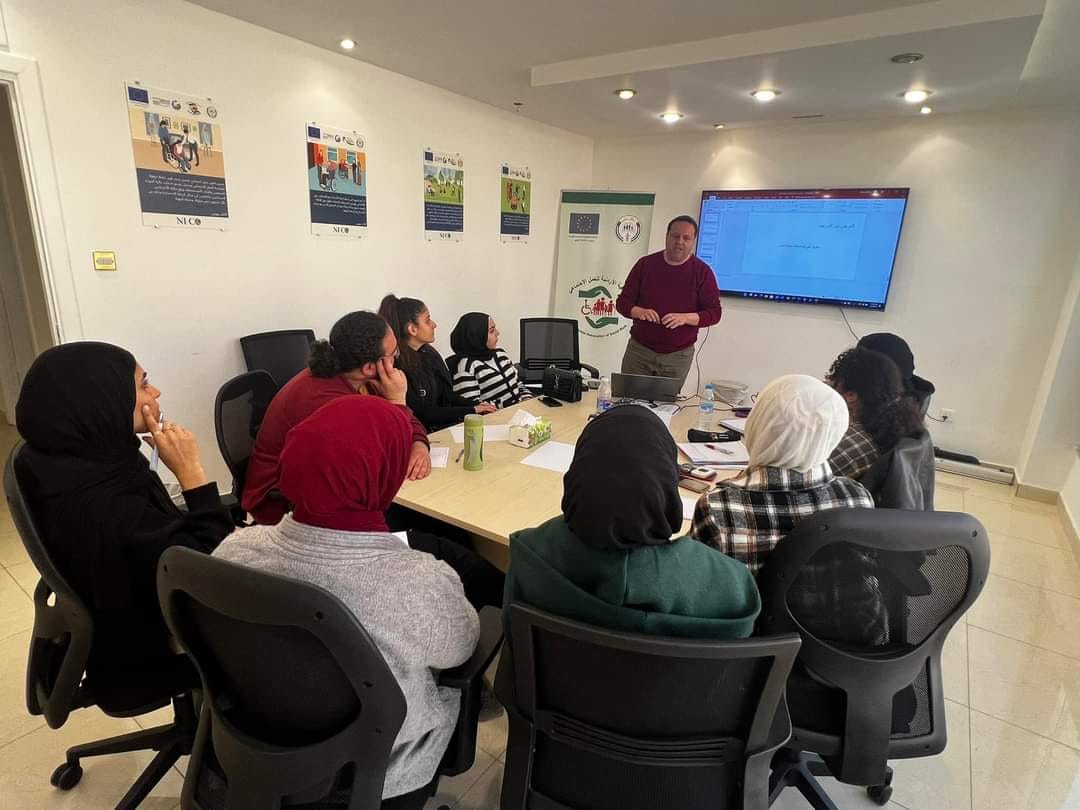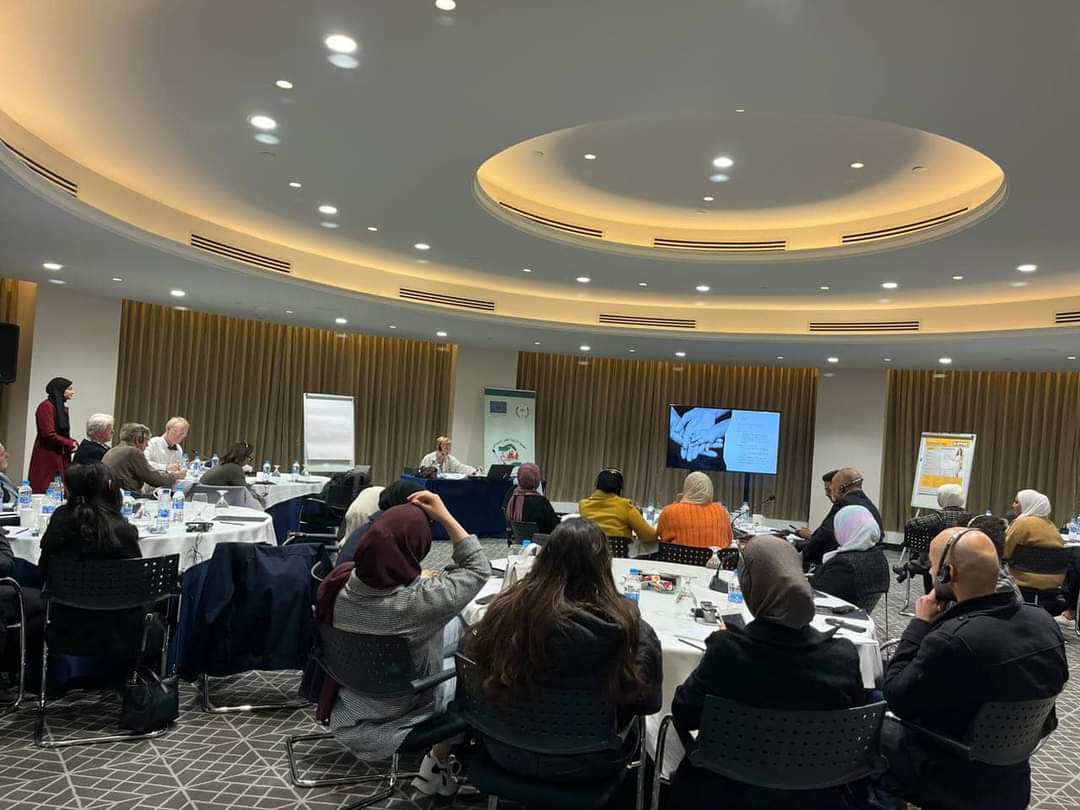How do your attributes compare to our experts’ list? Stephanie Sparrow reports
Social workers also place stringent demands upon themselves, a quality illustrated by the recent winners of social worker of the year awards. Judges praised their astounding personal attributes and professional skills.
Yet for those studying for a qualification, or in the early stages of their career it can sometimes be difficult to assess one’s own suitability, or have the opportunity to benchmark yourself against others.
And so, with this question in mind we asked two leading academics, Sinclair Coward, head of Academic Department for Social Work at Buckinghamshire New University, and Dr Gurnam Singh, principal lecturer in social work , ans visiting lecturer in social work at Coventry University, to name the seven essential skills for social workers.
Sed lacinia tempor orci, non lacinia purus faucibus non. Aliquam gravida risus nec velit lacinia dapibus. Phasellus at magna id elit tristique lacinia arcu fermentum consequat.
1. Interpersonal skills
Social work is about building relationships with people in order to work collaboratively with them. It follows that the ability to get on with people from all walks of life is essential, says Coward.
Sed lacinia tempor orci, non lacinia purus faucibus non. Aliquam gravida risus nec velit lacinia dapibus. Phasellus at magna id elit tristique lacinia. Integer a justo vitae arcu fermentum consequat.
2. Communication skills
These are linked to interpersonal skills but this area covers verbal and written and non-verbal skills as well as being clear and articulate, with the ability to communicate to all regardless of status.
Presentation skills fall under this category too. As Singh points out, social workers are increasingly asked to give evidence in court.
3. Advocacy skills
This is defined as an ability to advocate for users, and represent their interests. This is also an opportunity for social workers to model behaviour they can use themselves in the future, he adds.
For Singh, it is important to appreciate that there is a wide spectrum of advocacy. “One of the core values is to empower service users,” he points out. “For example a disabled service user might need personal advocacy to enable them to be heard, whereas a child asylum seeker might need legal advocacy— there is a wide spectrum there.
Another function is a really good knowledge of the law and how it works, alongside an understanding of personal liberty and human rights, says Singh.
4. Critical reflection
Coward defines this essential skill as the ability to reflect in, and on practice, and to do this purposively in professional supervision.
5. Resilience
Social work is a demanding job which demands a high degree of resilience from its workers. The more a worker can develop this essential skill, the more they will be able to give their best to the clients they work with, says Coward.
Singh adds one proviso. “There are two sides to this discourse: it is said that ‘when things are tough, the tough get going’, but if you are on the edge, being tough may not be the answer, Maybe it’s understanding the limitations of human capability.”
Harnessing technology and working smartly can help boost resilience. He finds Outlook helpful for example, as a time-saving way to organise meetings.
6. Inter-professional skills
Coward points out that social work is not a job to be done in isolation. Workers need an ability to work with other professionals effectively to do a competent job.
7. Robust intellect
Social workers who develop a sharp intellect will be able to apply theory to practice, evaluate information, use the best evidence in practice, and use different approaches and perspectives that fit the particular problem presented.
Singh adds that this intellectual process also involves critical thinking facilities, and a solid grasp of ethics, particularly when considering the impact of austerity, and cut backs.
8 Other essentials
Of course the scope of the profession is such that essential skills cannot be limited to the seven above. Coward says there are others, including time management, prioritisation, counselling, and recording, while Singh adds that it is important to know how and when to challenge and to do this with a collective voice.
“Some of that is about empowering people. Some of it is about challenging policy makers. Historically social workers have been weak on that side, they have not flexed their collective power.
“I think it is important to participate in a professional association and understand the power of a collective voice”, Singh says.





